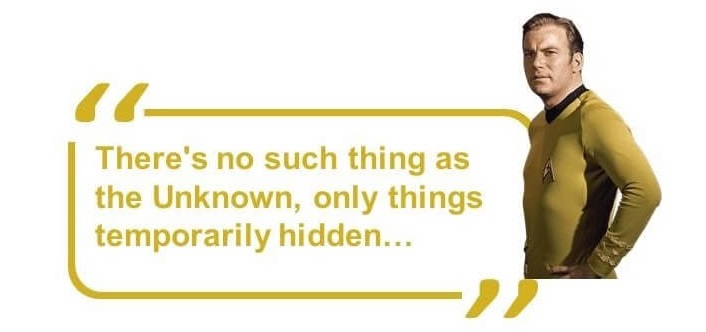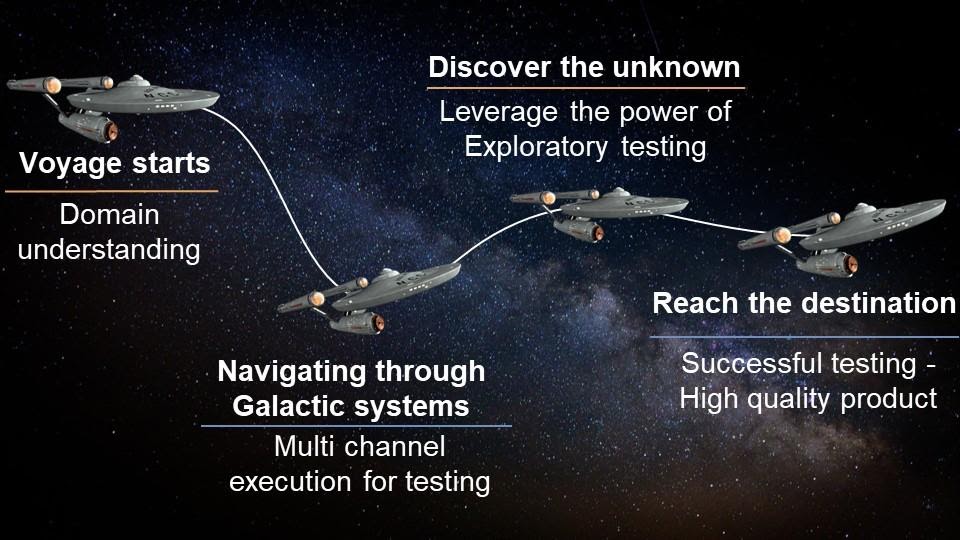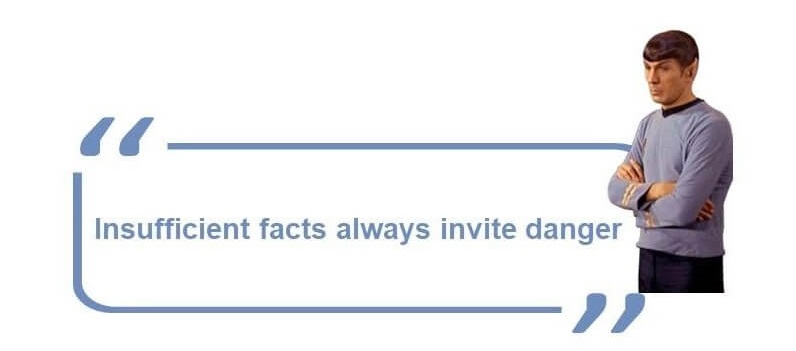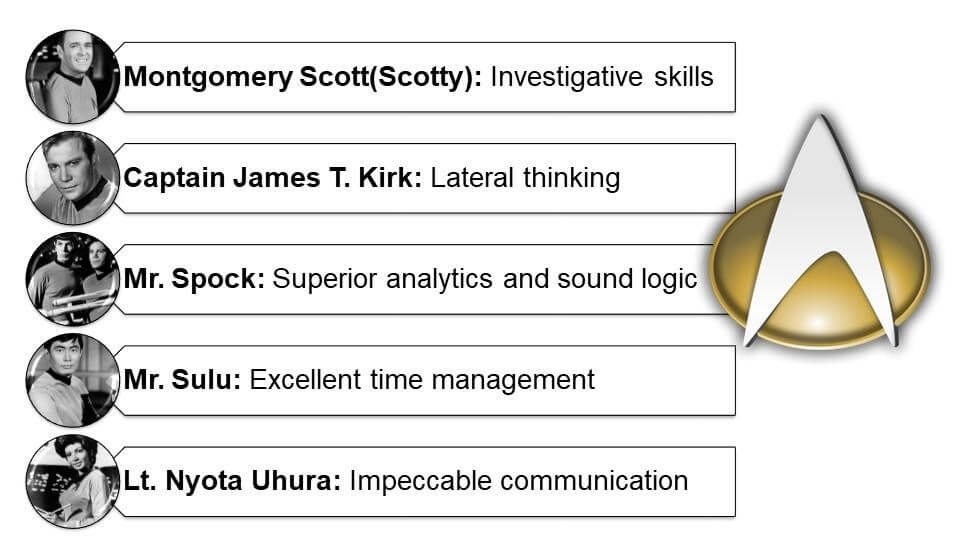Software testing – The final frontier, in the voyage of software development
The journey of software development is riddled with various quests, a few unknown territories, multiple surprises, but a well-chartered course of action at the beginning helps in conquering all that comes your way.
Software testing is the final frontier in the voyage of software development. Smart test planning at the outset of any project helps in netting most of the potential issues. However, there might be some unexpected and unknown errors that may escape the net. But as Captain James T. Kirk would say “There’s no such thing as the Unknown, only things temporarily hidden.”

This is where exploratory testing comes to the rescue.
Exploratory testing in software testing is a hands-on approach of testing that involves learning by discovery, test schematizing based on learning, and test execution. It helps in discovering new bugs and uncovering hidden segments of code that may be harboring a dormant bug. Including exploratory testing as part of the test planning may prevent unexpected issues at the time of deployment.
This article takes you through the voyage of software testing and will help you understand the importance of exploratory testing.

Domain understanding is one of the most obvious criteria before the commencement of test planning. You would not want to embark on a journey without getting basic facts and parameters right.

Get domain experts on board along with business and technical teams. Their expertise will help you in charting the path for your voyage. You can go through our earlier analysis on what all skills are required to be a “good” explorer aka exploratory tester, by clicking here.
Here is a quick recap in case you are in a rush. A good explorer crew needs to have the collective abilities of:

Navigating through the different galactic systems of testing
Once your testing crew is in order, the journey through the stars becomes easier to navigate. A voyager encounters many star systems and the approach to traverse through them may not be common. It will all depend on the kind of galactic system that is being navigated. Similarly, multiple approaches can be taken to have good test coverage. However, multi-channel execution has a clear advantage when it comes to good test coverage. It involves,
But is this enough? In all likelihood, a bug might take you by surprise and hit your ship, hurtling you off the course. And that is precisely why exploratory testing is needed, to eliminate the surprises.
Exploratory testing: Discover the unknown (or hidden)
During exploratory testing, your testing crew will need to explore the application and learn about its functionalities by discovery and learning method. However, they have to adhere to the exploratory charter that has goals and boundaries for testing defined.

Honing all your exploratory skills and exploring the unknown and finding what is hidden is a big challenge, but it can be done.
Exploratory testing gives an extra edge to software testing by complementing scripted testing by venturing into potentially high-risk segments. Read for more : Exploratory Testing
If you are interested in learning more about Webomates’ CQ service please click here and schedule a demo, or reach out to us at info@webomates.com.

No comments:
Post a Comment